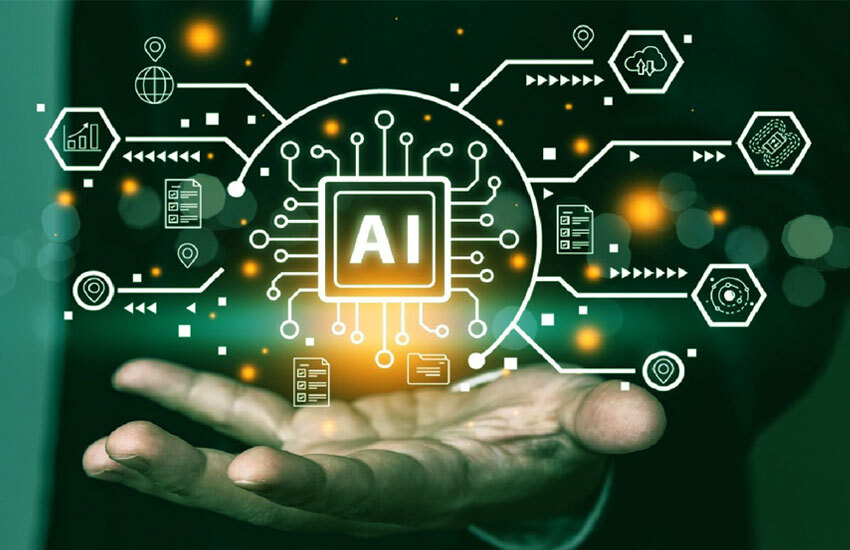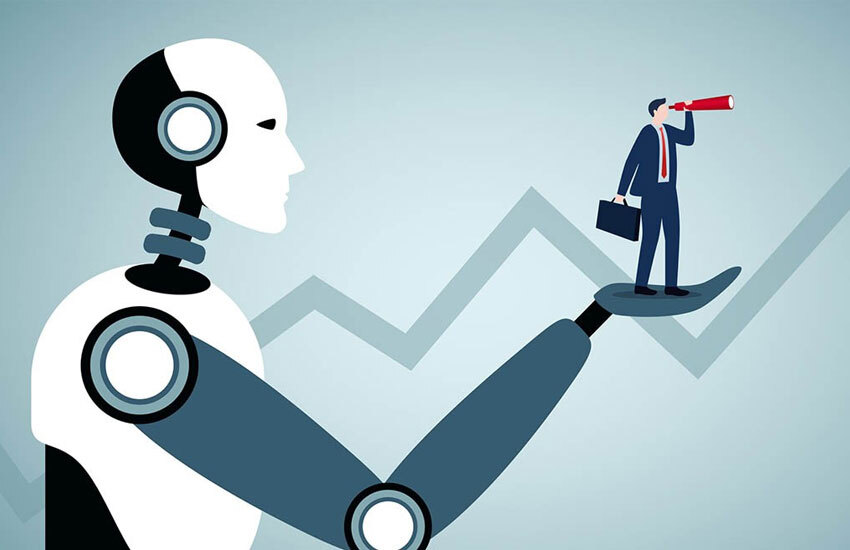
As artificial intelligence in manufacturing takes center stage in 2025, the manufacturing sector is going through a significant transition. Manufacturers worldwide - and particularly in strategic areas like Pune and other parts of India - are using AI to remain ahead of the curve as a result of the growing demand for efficiency, accuracy, and innovation. AI in manufacturing is redefining what is feasible in the industrial world, from smart automation and predictive maintenance to real-time analytics and sales forecasting.
Pune is one of India's major industrial powerhouses, and the country is quickly becoming a global center for technical innovation. In order to increase productivity, cut waste, and improve operational efficiency, businesses in this area are implementing AI in manufacturing in Pune. The transition to AI-driven manufacturing processes is changing not only how things are manufactured, but also how organizations operate from start to finish, from automakers to precision engineering companies like Modelcam Technologies.
Simple automation is only one aspect of the integration of AI applications in manufacturing. AI is assisting businesses in achieving machine learning in manufacturing, which allows systems to gradually optimize processes by learning from production data. The following are some key areas where AI is having a noticeable effect:
Systems driven by AI are able to anticipate equipment faults before they occur. In terms of lowering maintenance expenses and downtime, this is revolutionary. Predictive models may notify engineers in real time using sensors and data analytics, greatly increasing return on investment and elevating customer satisfaction through reliable, high-quality production.
Precision, speed, and safety are improved with the application of AI and robotics in manufacturing. AI-powered intelligent robots can collaborate with people while adjusting to shifting jobs and circumstances. This improves production line throughput and conversion rates while lowering human error.
Manufacturing automation with artificial intelligence is becoming the foundation of contemporary industries, from supply chain management to quality control. Systems provide managers with actionable insights to help them make data-driven decisions, assess performance indicators, and modify procedures in real time.
Smart manufacturing with AI is already becoming a reality. A comprehensive perspective of operations is now possible thanks to the integration of AI tools with IoT devices, ERP systems, and CRM platforms. Manufacturers are embracing intelligent, networked systems that can self-regulate and self-improve thanks to AI in Industry 4.0. To get more knowledge about the need of AI in manufacturing for industry 4.0, explore our blog, “Why AI in Manufacturing is Essential for Industry 4.0”!
Leading this movement are businesses such as Modelcam Technologies, which provide AI-powered engineering services and end-to-end CAD customisation that boost productivity and stimulate creativity. Their adoption of AI in manufacturing in India is evidence of the transformative power of indigenous knowledge.
Key trends in AI manufacturing are influencing the upcoming decade as we navigate 2025:
Faster invention and prototyping are made possible by generative AI in product design.
AI-powered automation in factories reduces unpredictability and increases consistency.
Digital transformation in manufacturing with AI continues to boost productivity and agility.
For improved responsiveness, AI solutions for smart factories incorporate everything from customer relationship management (CRM) to energy management. For more understanding, explore our blog post, “AI in Manufacturing: Shaping the Future of Smarter Factories”!
AI is revolutionizing sales, marketing, and the customer experience in manufacturing, not only on the production line.
Manufacturers can predict market demand, modify inventory, and expedite delivery times with AI-powered sales forecasting. By ensuring that sales teams concentrate on high-converting prospects, techniques like sales automation and predictive lead scoring increase lead generation and click-through rate (CTR).
AI-powered marketing automation is improving outreach with chatbots, virtual help, and hyper-personalization. With customized content, manufacturers can now target niche audiences, increasing engagement and conversion rates.
AI facilitates the analysis of customer data to enhance customer service, predict needs, and apply behavioral targeting. Manufacturers are now able to uphold solid relationships and increase customer retention through targeted marketing, content production, and voice search optimization.

Examples from the real world demonstrate how productivity has been affected by AI-driven solutions:
Predictive analytics was used by a top Pune automaker to reduce downtime by 40%.
An electronics manufacturer doubled manufacturing output without raising expenses by utilizing AI-powered automation in factories.
Modelcam Technologies increased customer satisfaction and profit margins by 50% by utilizing AI solutions for smart factories to shorten design turnaround times.
These AI in manufacturing case studies demonstrate improved consumer and staff experiences in addition to cost reductions, which are important factors in long-term success.
AI is generating new jobs in data analysis, AI system training, and human-machine collaboration, even as automation raises fears about job loss. The need for qualified individuals in AI-driven workplaces is increasing as manual processes are automated. Upskilling investments guarantee that the workforce changes with the sector.
The future of manufacturing with AI is here; it is intelligent, flexible, and intricately linked. AI in manufacturing is enabling new levels of productivity, creativity, and competitiveness in everything from the factory floor to the boardroom.
Better quality control, enhanced customer experience, more intelligent sales tactics, and scalable growth are already being experienced by businesses, particularly those implementing AI in manufacturing in Pune and across India. It looks like 2025 will be a historic year for AI-driven manufacturing processes, with firms like Modelcam Technologies at the forefront.
Success in the digital era will be redefined for those who embrace AI as a strategic partner rather than merely a tool as we proceed into Industry 4.0.
Let’s connect: www.modelcamtechnologies.com
Email: sales@modelcamtechnologies.com
Mobile no : +91 8237016167
©Copyright 2025. All rights reserved by Modelcam Technologies Private Limited PUNE.